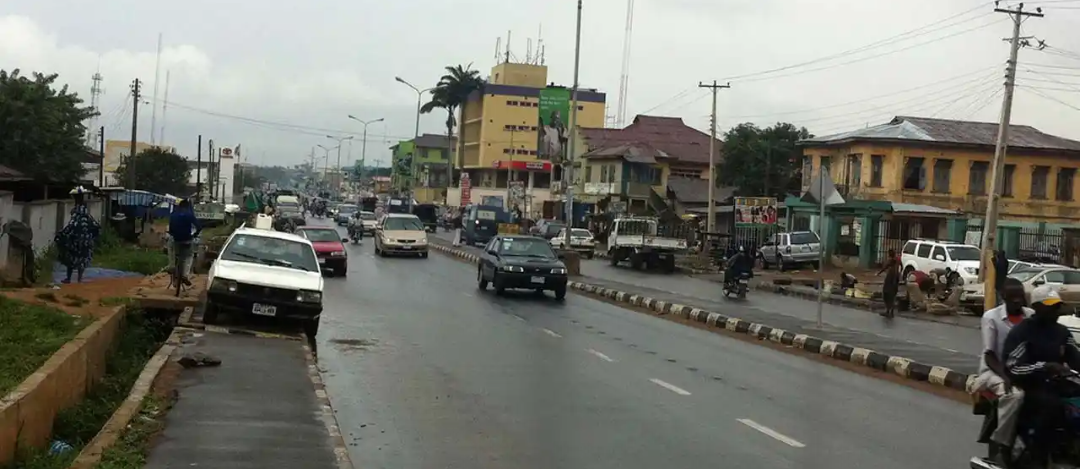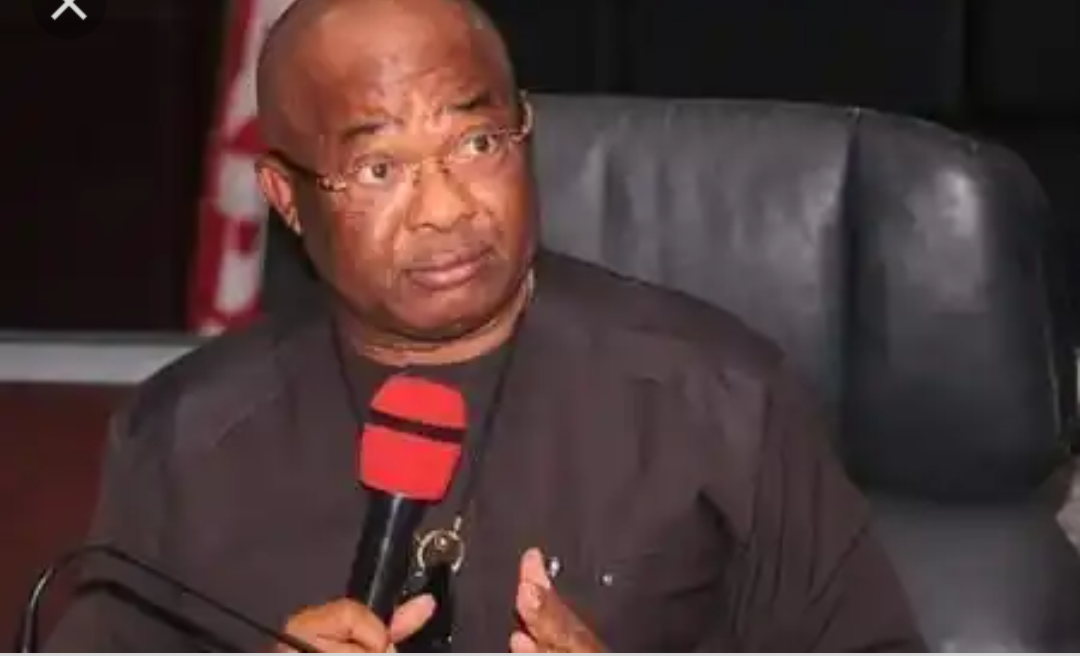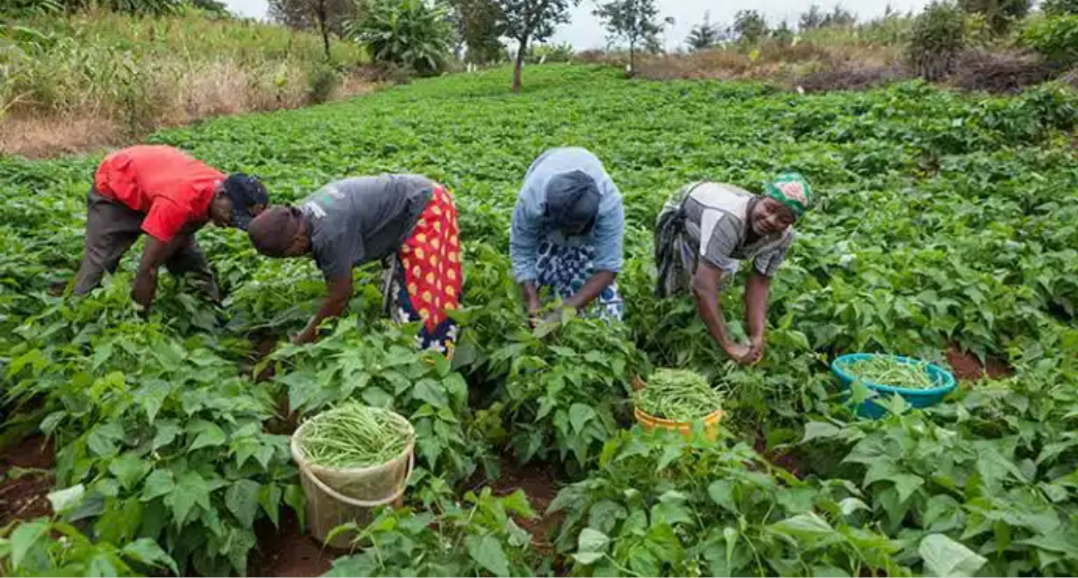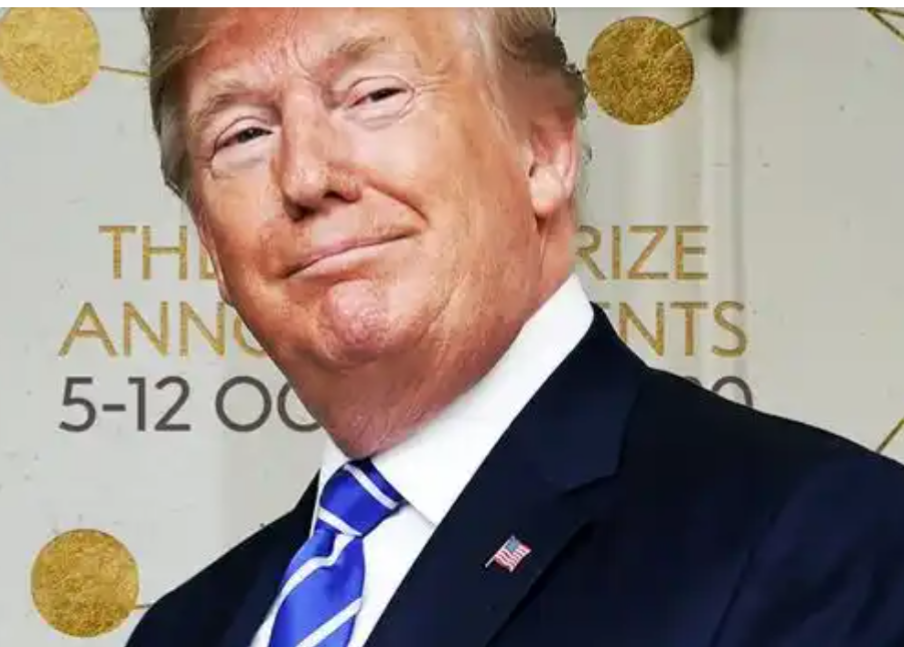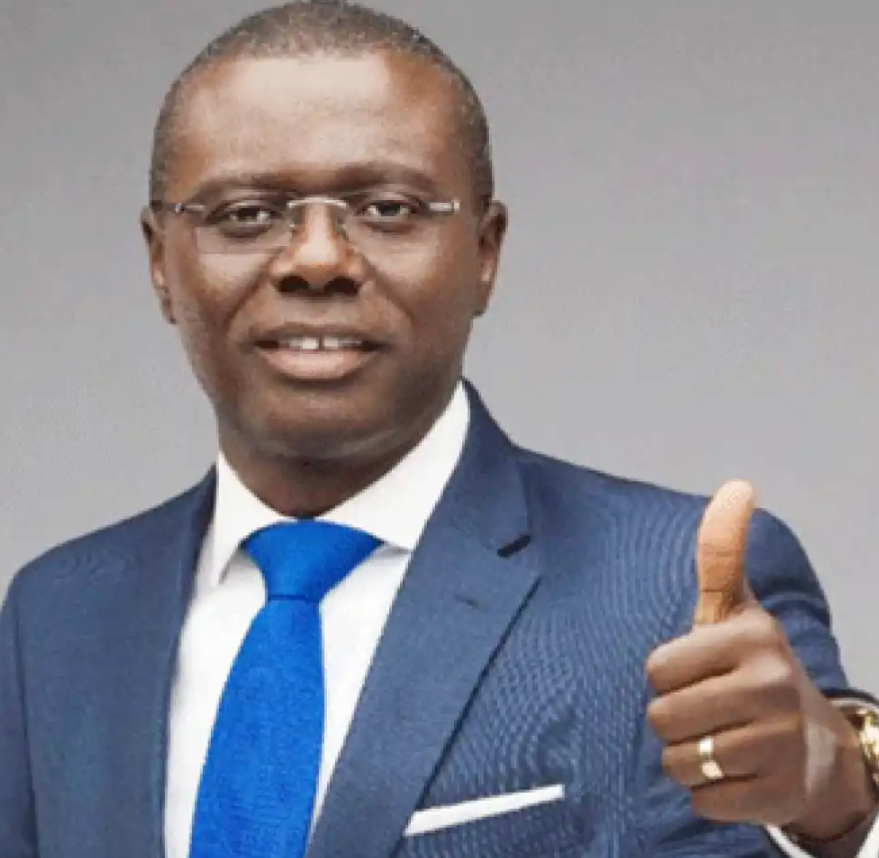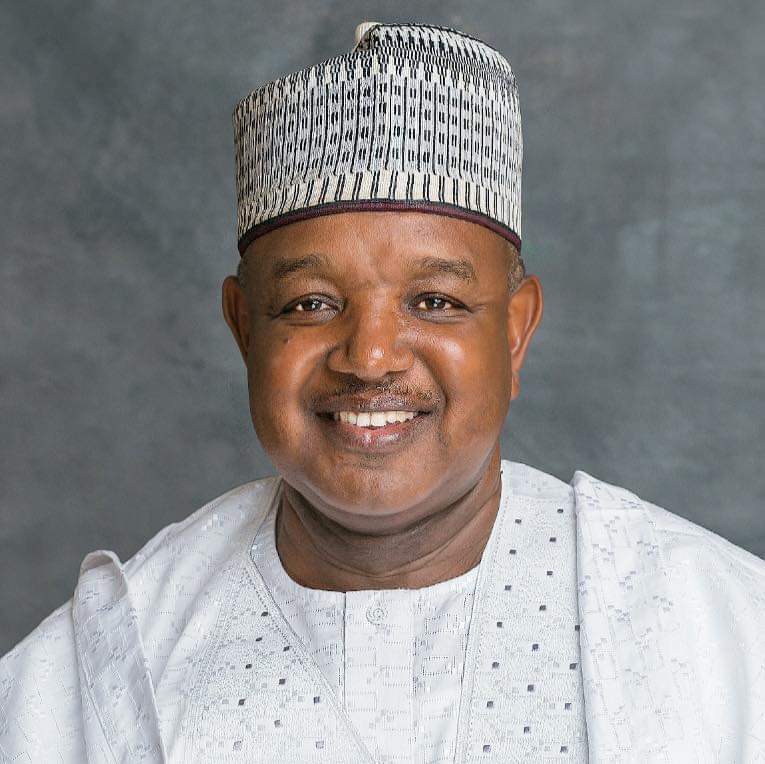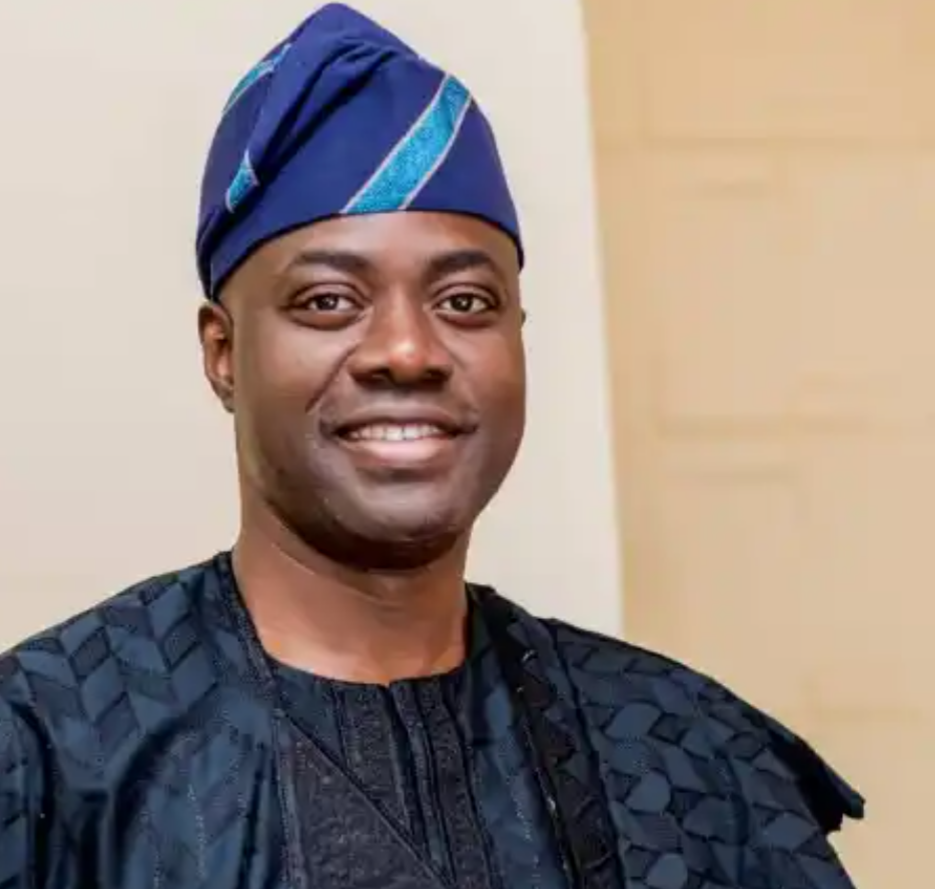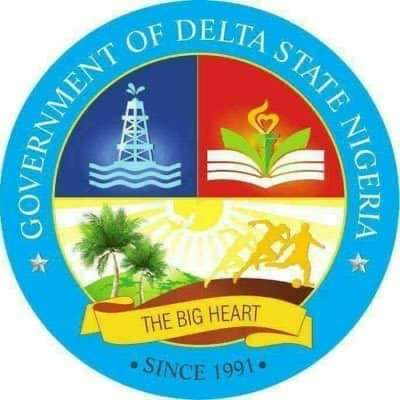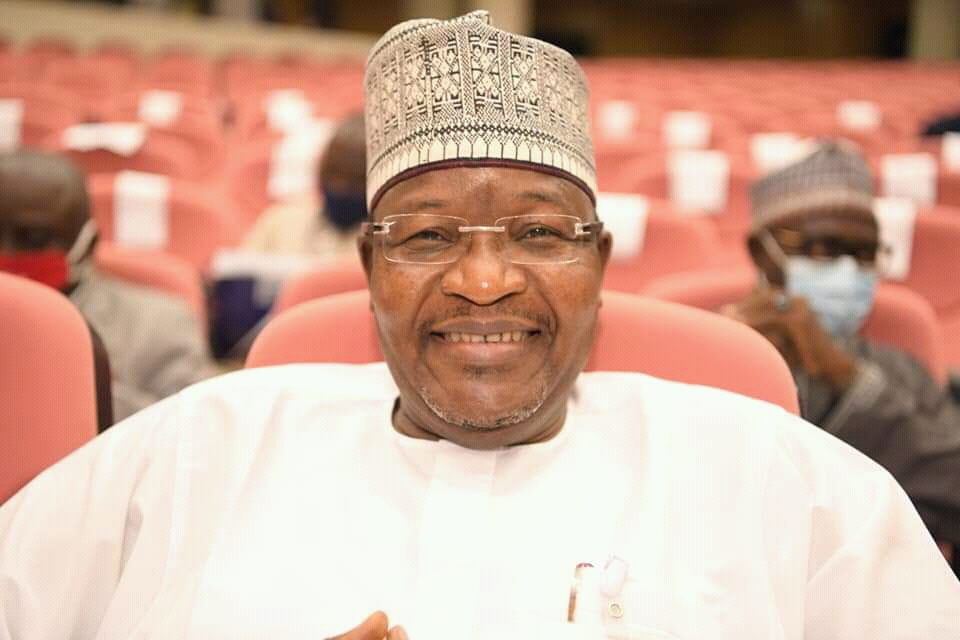…says revolution ongoing in Oyo’s health sector
Oyo State governor, Engineer Seyi Makinde, on Wednesday, commissioned the remodelled and renamed Saki Specialist Hospital, declaring that his administration is revolutionising the health sector in the state.
The governor, who also announced the revocation of the abandoned Saki Township road contract, which was awarded by the immediate past administration, said that the contract would be re-awarded to a more competent contractor within the next four weeks.
A statement by the Chief Press Secretary to the governor, Mr. Taiwo Adisa, indicated that the governor stated these while commissioning the Infectious Disease Centre, Saki, an uncompleted project inherited from the last administration but now remodelled and upgraded to a 100-bed Specialist Hospital in the wake of the outbreak of COVID-19 in the state.
Governor Makinde stated that with the ongoing revolution in the state’s health sector, his administration will deliver 351 model primary Health Care Centres at one per electoral Ward in the state before the end of its tenure in 2023.
He stated that the current administration will go into the annals of Oyo State history as the one that turned existing and moribund health infrastructure into state-of-the-art medical facilities, saying “if Oyo State can start with attracting medical tourism from other states within Nigeria, it means that economic activities will significantly improve.”
He further said that as the government continues to upgrade health facilities in the state in line with its commitment to quality health care delivery, it will also continue to equip and maintain them and also ensure that they have the best personnel.
The governor, at the event attended by top government functionaries and the traditional institution led by the Okere of Saki, Oba Khalid Olabisi, said: “It gives me great pleasure to be back here in Saki, less than three months after our last visit to commission this Infectious Disease Centre. This facility will now be named Saki Specialist Hospital. We have invested close to half a billion Naira on this facility. And for equipment alone, we have invested over N250,000,000.”
The governor recalled how the government had rebuffed efforts to set up isolation centres in stadiums, choosing to upgrade existing medical facilities, a decision which he said has paid off greatly as shown through the success stories with the Infectious Disease Centre, Olodo and now the Saki Specialist Hospital.
He said: “When we started work on the conversion and upgrade of this facility, it was initially intended to be an Observatory, Isolation and Treatment Centre to support our efforts towards fighting the COVID-19 pandemic. But we also had more long-term goals to ensure that it fits into our overall plan to improve the healthcare system in the nooks and crannies of Oyo State.
“When we took over last year, our healthcare system was not in the best shape. At the outset of the COVID-19 pandemic, we had to make the tough decisions to leverage the situation and accelerate our plans to address the dilapidating healthcare infrastructure in Oyo State.
“We were pressured to create temporary isolation centres in stadiums and other open spaces, but we remained steadfast in our resolve to upgrade existing facilities, because we saw an opportunity even in that state of despair. And this is the result of that decision.
“This infectious disease centre, as well as the one in Olodo, are direct results of our well-thought-out approach. When the history of Oyo State is written, it will be on the record that this administration turned the existing infrastructure into state-of-the-art medical facilities.”
He added: “Well, we have a lot of amenities to be proud of. I’ll just mention a few. Here, we have a 10-bed Intensive Care Unit (ICU) with two Gradian State-of-the-Art mechanical ventilators with humidifiers, various accessories and three patient monitors. We also have two CPAP machines with face shields and re-breather bags to deliver maximum oxygen requirements.
“Additionally, we have a 12-bed High Dependency Unit (HDU) with piped oxygen. Other facilities we have here at the Saki Infectious Disease Centre are: Twelve-bed Female General Ward, twenty-bed Male General Ward, an operating theatre and a recovery room.
“We also have some high-end laboratories and equipment that will aid research into infectious diseases. The medical community will be excited to know that we have Cobas c 111 [co-bas see triple one] analyser here now. Also, we have a Parameter Haematology [he-ma-to-lo-gy] Analyser, Clotting Profile Analyser, autoclave [or-to-clayv] and biosafety cabinet.
“So, there is a 12-bed Observatory Unit, 10-bed Isolation Unit, and seven-bed Resuscitation Unit. And to power this centre we have two diesel generators (400 KVA and 40KVA) and fourteen, 110 watts solar-street-lights for perimeter lighting. We also have a pharmacy inside, CCTV control room, mobile x-ray unit and many more.”
Governor Makinde, who made reference to how some elements in the opposition have become fond of throwing shades at his government for finishing projects the immediate past administration left uncompleted, insisted that he would always works towards ensuring that Oyo State people get value for their money, saying “it is not about starting a project and abandoning it, but finishing it is what is essential.”
He added that the government is confident that the quality of research that will be carried out at the two centres will slow down the spread of infectious diseases such as Lassa Fever, Yellow Fever, Tuberculosis and others.
This was as he appreciated the immediate past Chief Medical Director of the University College Hospital, Ibadan, Professor Temitope Alonge, who is the coordinator of the state’s Isolation Centre, for the role he played in the delivery of the project.
In their separate remarks, the Oyo State Commissioner for Health, Dr. Bashir Bello and Prof. Alonge, described the facility as unique, stating that it will not only serve the purpose of being an observatory, isolation and treatment centre for COVID-19, it will also be put to good use as a standard health facility for other purposes.
The Commissioner said: “I want to say that our presence here today is for the commissioning of this unique centre in the history of Oyo State for observatory, isolation, and treatment centre for COVID-19 and other related epidemic diseases.
“Saki is a border town and the government is making sure that every citizen, particularly in regions like this, are given the best provisions so that they will not be subjected to the difficulty of looking for health care facilities in either neighbouring states or countries.”
Professor Alonge lauded the state government on its effort in putting up the unique facility, stating that he was convinced the health facility will supersede any other, as there is little federal presence in the Oke Ogun area.
“This edifice, which has been renovated and transformed into a beautiful health service delivery centre today, is a hard-to-reach area, which means the accessibility of the entire Oke-Ogun to this facility is what has caught your attention. And I know that there is a very little federal government presence. This will be a unique health care facility, which will supersede whatever federal hospital that has ever been given. So, I want to thank you for this laudable project.
“This complex is the most beautiful hospital system in Oyo State. Therefore, I believe the people of Oke-Ogun will forever be grateful to you for this laudable project. I also believe that the various local government chairmen who have become your spies by trying to prevent intrusions from other countries, actually helped to stem the tide of the pandemic when it was right.
“I want to believe also that most of their prayers would be heard by you and will leave the rest to your wonderful decision,” Alonge said.
While speaking, an elated Okere of Saki, commended Governor Makinde for always trying to keep his promise, stating that the hospital project is such a huge relief for a community which he said has never felt the presence of government.
The Oba said: “We have never felt the presence of government here let alone having a project like this in Oke-Ogun. Even, the hospitals that you see around were built by individual doctors residing here. We have not seen general hospitals and health centres in Saki before.
“Our governor amazes us a lot. When he makes a promise, he tries to fulfill it. Actually, there are a lot of work to be done in the Oke-Ogun zone. Before now, we go to Gbengbeleke, Paraku (Benin Republic) to take care of our health but, by the grace of God, the facility here today will take care of infectious diseases that may want to fight us.”
Signed
Taiwo Adisa
Chief Press Secretary to Governor Seyi Makind2020


